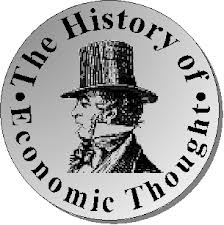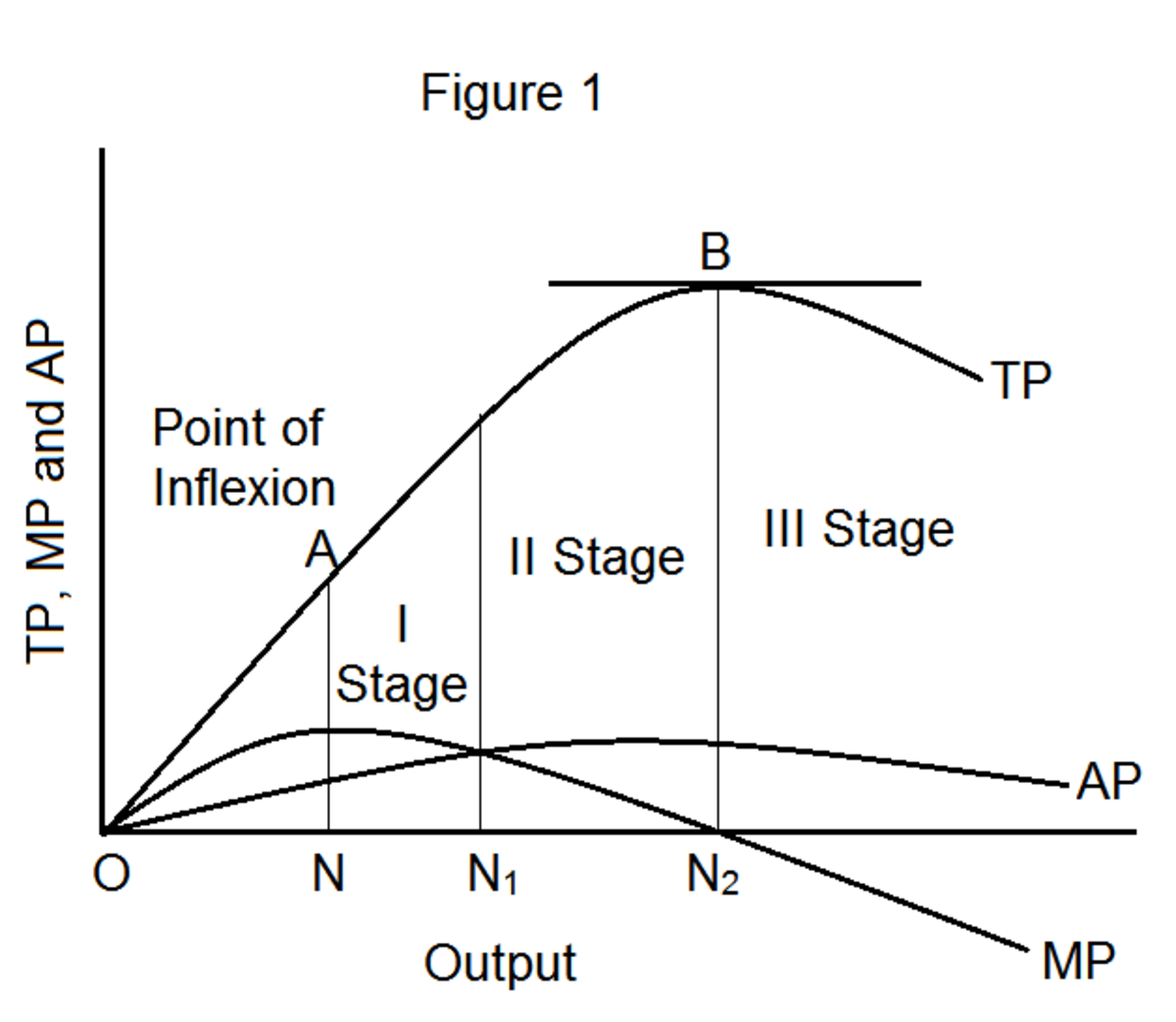Historical Critics-Economic Thought

In the last section we have discussed the nationalist criticisms of the classical school. Right now we shall take up the role of the historical school which originated in Germany.
The historical school criticized the deductive method of economic analysis and endorsed the inductive or historical method to account for the diversities of actual economic conditions among the nations. The German historical school is divided into two groups: (i) the older school, and (ii) the younger school. The older school was negative in thought and militant against classicism. The younger school , while containing the critical ideas of the older historians, also made some positive contributions to economics. The new school had two distinctive characteristics: (a) it abandoned the controversial ideas of the older historians regarding the laws of development; (b) It was not content merely with advocating the use of the historical method and attempted to put theory into practice.
In referring to the ‘Historical School’ in a general way, we mean a very broad movement embrasing all those economists who emphasised the relativity of laws and institutions, the inductive method of reasoning from concrete historical data and the inter-relations among human motives and among the social sciences.

The Critical Ideas of the Historical School
Since there had been the Older School and the Younger School of writers of the Historical School, there had been several shades of opinions which deffered from one another. Let us examine those criticisms which are common to both the schools.
(i) The clasiical economist laid very great stress on the universality of their doctrines. The Anglo-French School maintained the view that the economic laws enunciated by the clssical school were operative every where and at all times and that the system of political economy founded on them was universal in its application. The historical critics pointed out that economic laws are relative and not absolute and therfore cannot be applied every where at all times. Economic laws are subject to change both in theory and practice. In practice economic laws cannot be in discriminately applied to all countries and in all stages of economic development. In order to make them practically useful, they are to be adapted according to the varying conditions of time and place. Theoretically, too, the laws of economics are not as universal and inevitable as the laws of physics and chemistry. Economic laws are at once provisional and conditional.
(ii) The second charge which the historicans levelled against the classical economics is that their psychological assumptions on which it was based were crude and inadequate. The classical writers assumed that man is solely guided by the consideration of self-interest and is fully absorbed in gainful activities. The historians, on the other hand, pointed out that self-interest is not the only motivation in the economic world. Man's actions are directed by a variety of motives, such as vanity, love, pity, glory, pleasure, duty, benevolence, custom etc. By over emphasising self-interest and neglecting other motives altogether, the classicists had simply attempted to "transform political economy into a mere natural history of egoism".

(iii) According to the historical school, the classical economists have wrongly used upstactions and deductions. The classical economists started with certain a priori assumptions and deduced from them all economic laws through simple process of reasoning. The deductive method used by the classicals is wholly unjustifiable. Instead of deduction. the historical school suggested the use induction based on obsrvation. Inductive method of reasoning is the essential feature of the historical school. The historians pointed out that the premises for the deductive reasoning, as used by the classical school, were based on empirically wrong facts. Therefore, the use of such method is capable of doing more harm than good. Schmoller observed that " only by patient observation and careful induction can we hope to build up an economic theory that shall take full account of the complexity of economic phenomena". It is pointed out by the historicalschool that the classical analysis is incomplete, wrong and hasty.
(iv) The classical system is based on the system of laissez-faire. The system does not allow for the beneficial role of the government..The non-interference of the government in social, political and economic matters is not justified by the historical school.
(v) The classical school also neglected the role of environment and institutions. They have important influences on the life of nations and individuals.
(vi) The classical system of political economy is based on materialism. It is based on the concept of monetary gain, optimum returns and national wealth.
(vii) The classical system of economy, according to the historical school is too much individualistic.
It is not nationalistic. Nation is subordinated to the individual will and fredom.










